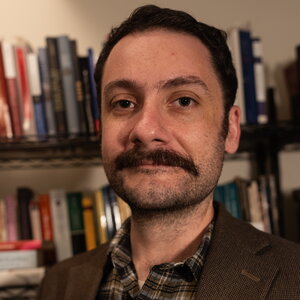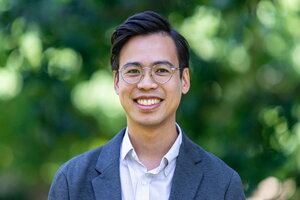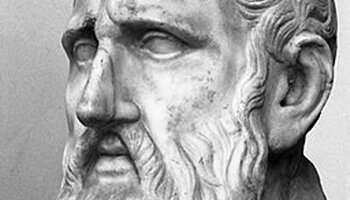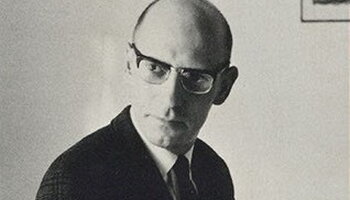Expand Your Mind
Philosophy News
- Philosophy and Spanish major Michelle Cordova (class of 2028) was selected as a spring 2026 Humanities in Action scholar by We CU and the Humanities Research Institute. The... Read full story Philosophy student to put Humanities in Action in C-U community
- Smith, our academic advisor, was recognized for his excellent service and commitment to student success. Read full story Andrew Smith receives LAS Student Academic Affairs Office Employee of the Month Award
- This fall the Department of Philosophy welcomed professor Paul Tran-Hoang to our faculty as an assistant professor. Previously, he was a visiting assistant professor at Vassar College. Tran-Hoang's research focuses on logic, philosophy of logic, and philosophy of mathematics. Read a Q&A to... Read full story Professor Paul Tran-Hoang joins the Department of Philosophy at the University of Illinois
Title
Earn a certificate in the ethics of artificial intelligence
Employers are actively seeking employees who have experience grappling with the risks and ethical questions of artificial intelligence. The Ethics of AI Certificate teaches students the core skills and knowledge they need to understand how to mitigate the risks of artificial intelligence while harnessing its benefits.
Upcoming events
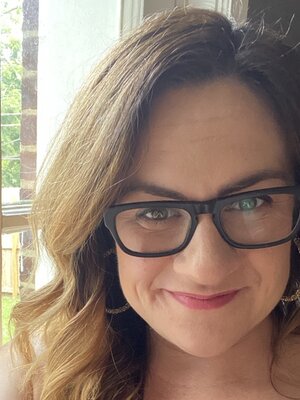
Alumni Spotlight: Maggie Wave (University Administration)
Maggie Wave is the Senior Regional Director at Washington University in St. Louis. She graduated from the University of Illinois in 2012 with degrees in Philosophy and Political Science.
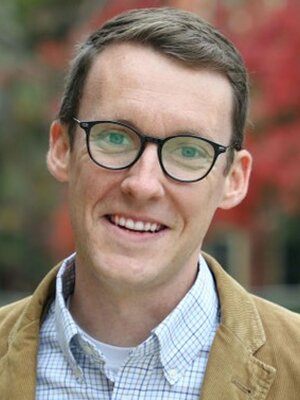
Faculty Spotlight: John Schwenkler
Professor John Schwenkler joins us as a Full Professor of Philosophy, with broad research interests in the philosophy of mind, philosophy of action, philosophy of language, ethics, moral psychology, experimental philosophy, and the philosophy of cognitive science. The focus of Professor Schwenkler’s current research is the philosophy of action, including as it bears on normative ethics and moral psychology.
